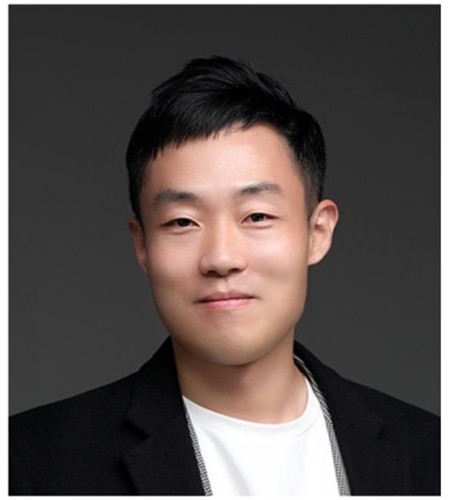In mid-July, I embarked on a two-week business trip to the United States for the first time in a while. The day after landing at Dulles Airport, I met with officials from the US State and Commerce Departments, as well as Senate aides, but the atmosphere was less than positive. However, the mood shifted dramatically upon arriving at the entrance of Tesla's Gigafactory near Reno, Nevada. The vibrant energy at the site lifted the spirits of our delegation as we toured the production lines and even test-drove the latest Model 3, Model S, and Cybertruck vehicles.
The Gigafactory tour guides were deeply inspired by the vision of "the Chairman," Elon Musk. Two energetic young men—one white, one Black—led the tour. They praised Musk for giving local youths, who had spent their lives working in Nevada's casinos and hotels, a chance at a new life. Both were high school dropouts who had joined the factory at its groundbreaking in 2014. Since then, they had gained hands-on expertise across various production processes and had been promoted, now earning significantly higher salaries. The average annual salary is $130,000, with entry-level, unskilled positions starting at $30,000–$40,000. At current exchange rates, that's close to 100 million won. Nevada also has no state income tax.
They shared insights that could unsettle South Korean and Japanese battery makers. Working on the mass production line, they had studied more efficient battery designs and pack structures. While Panasonic batteries are currently used, they said Tesla plans to use its own in-house battery standards and packs in the future. I asked, "Panasonic is in the building next door—do they know about this?" One guide replied, "Batteries for our cars must meet our performance, quality, and price standards. If we can meet those ourselves, we'll use our own products. If suppliers can meet our standards, we may use theirs later. But now, we're moving to our own."
When asked if they feared competition from China, both guides quickly responded that Musk believes having more countries and companies join Tesla's vision will help develop the industry ecosystem and address climate change. "We will continue to pursue the vision that Tesla represents—for better cars and a better future for all," they said. Despite widespread skepticism about the revival of US manufacturing, these workers were filled with new hope for their lives.
The Gigafactory offers three key lessons. First, large-scale manufacturing investment can revitalize local communities and inspire people to dream of a brighter tomorrow. The spark in their eyes was memorable. Second, the power of a final product brand and production capacity extends beyond operating profit. Even if manufacturers' margins are below 10%, they can control the fate of materials, parts, equipment, and software technology firms. The realization that fundamental, high-value technology can emerge from mass production sites was striking. Third, the importance of a respected "Chairman"—the value and mission of a company. When employees are motivated only by routine or hourly wages, the drive for quality improvement and innovation weakens. But when a vision resonates throughout the organization, it breathes new life into even the most established companies.
After the tour, a sense of melancholy returned. Will South Korea ever see factories like the Gigafactory? Will young people return to depopulated regional cities, dreaming of AI and space, and live with renewed hope? There must be a reason why Japan and the European Union have poured over 1 trillion won ($845 million) into the US and effectively "surrendered" to President Trump, even if they would rather not negotiate with him. The moment export-driven manufacturers falter and close, the pain will be long and deep—quite the opposite of the inspiration felt at the Gigafactory.
Not every employee may feel this way, but seeing Musk's vision spread almost like a religion, with zealots pouring themselves into their work, recalls the era of Korean chairmen who would urge, "Have you tried it?" Many questioned why an electric vehicle factory was built in the middle of the Sierra Nevada desert. Has South Korea lost the shared belief in overcoming adversity and achieving greatness? Perhaps our current difficulties stem less from external factors than from a lack of vision and resolve.

(Kwon Kyung, Research Fellow, Kyunghee Institute of Industry)
jsjeong@yna.co.kr
(End)
<Copyright (c) Yonhap Infomax, Unauthorized reproduction and redistribution prohibited, AI learning and utilization prohibited>
Copyright © Yonhap Infomax Unauthorized reproduction and redistribution prohibited.

